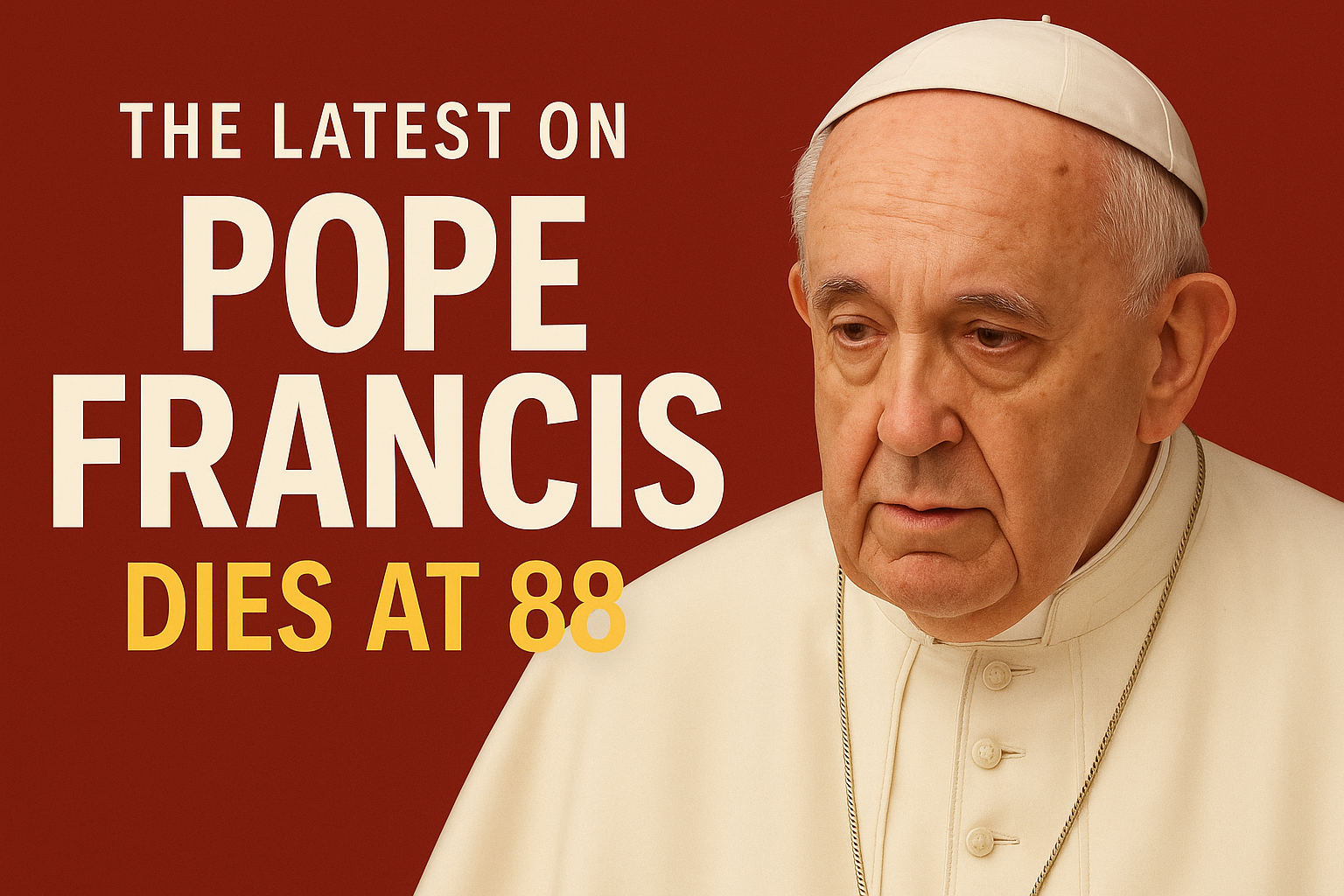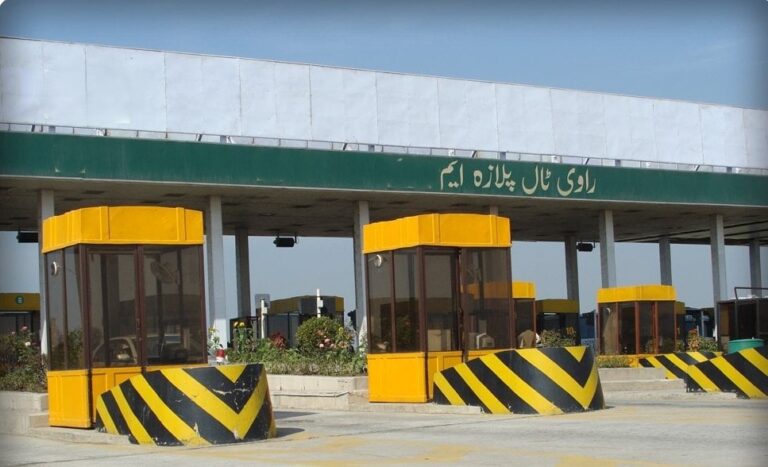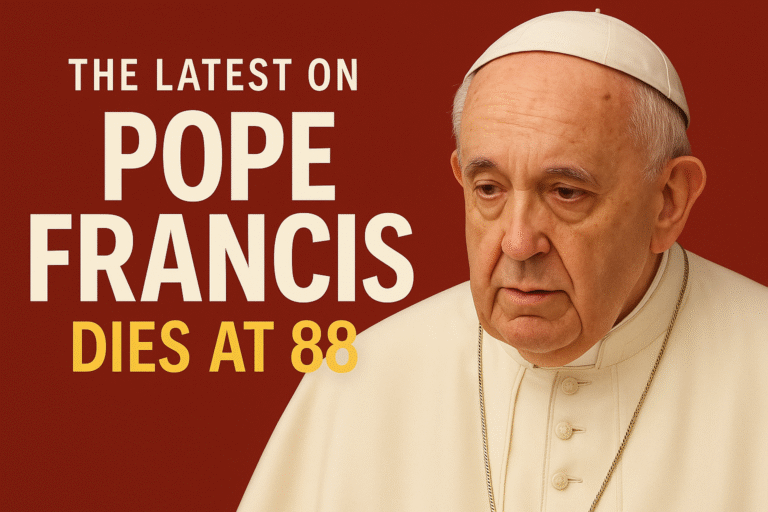
Pope Francis, the 266th pontiff of the Roman Catholic Church, died on April 21, 2025, at age 88. Read about his legacy, health struggles, and the Vatican’s plans for succession.
Introduction
The Vatican announced today, April 21, 2025, that Pope Francis (Jorge Mario Bergoglio) passed away peacefully at his residence in Casa Santa Marta. The beloved spiritual leader, known for his humility and progressive vision, succumbed to complications from chronic lung disease and double pneumonia. His death on Easter Monday, a symbolic time of renewal for Christians, marks the end of a transformative 12-year papacy.
Official Statement from the Vatican
In a somber press conference, Vatican spokesperson Matteo Bruni confirmed:
“With profound sorrow, we announce that our Holy Father, Pope Francis, has returned to the House of the Father. His final moments were spent in prayer, surrounded by close aides and medical staff.”
The Vatican has declared a nine-day mourning period, with funeral arrangements to follow canon law traditions.
Health Struggles Leading to His Death
Pope Francis’ declining health had been a global concern for years. Key medical challenges included:
-
Chronic Lung Disease: Stemming from a partial lung removal in his youth.
-
Recurrent Pneumonia: Hospitalized twice in 2024 for respiratory infections.
-
Mobility Issues: He relied on a wheelchair since 2022 due to knee ailments.
Despite these struggles, he continued working until his final days, stating, “I want to serve until the Lord calls me.”
A Legacy of Compassion and Reform
Pope Francis’ papacy reshaped the Catholic Church’s role in modernity:
-
Advocate for the Marginalized: He prioritized refugees, the poor, and LGBTQ+ inclusion, famously saying, “Who am I to judge?”
-
Climate Action: His encyclical Laudato Si’ called for urgent environmental stewardship.
-
Church Reform: He decentralized Vatican authority, empowered women in leadership roles, and addressed clergy abuse scandals.
-
Global Diplomacy: Mediated conflicts in Ukraine, South Sudan, and the Middle East.
Global Reactions to His Passing
Leaders worldwide mourned the pontiff:
-
UN Secretary-General: “Humanity has lost a moral compass.”
-
President of Argentina (his homeland): “A humble son of Buenos Aires who became a giant of faith.”
-
Interfaith Tributes: Jewish, Muslim, and Buddhist leaders praised his interreligious dialogue efforts.
What Happens Next?
Per Vatican protocol, the Catholic Church enters the “sede vacante” (vacant seat) period:
-
Funeral Rites: Expected to be held within 4–6 days at St. Peter’s Basilica.
-
Conclave: Cardinals worldwide will gather to elect a new pope. Speculation about potential successors, including Cardinal Tagle (Philippines) or Cardinal Cupich (USA), is already mounting.
-
Interim Governance: Vatican Secretary of State Cardinal Pietro Parolin will oversee daily operations.
FAQs About Pope Francis’ Death
-
Where will he be buried?
He requested a simple tomb in the Vatican Grottoes, near St. Peter’s Basilica, rejecting ornate papal traditions. -
Will there be a saintly cause?
Canonization requires a formal process, but popular demand for his sainthood is anticipated. -
How can the public pay respects?
The Vatican will livestream vigils and funeral ceremonies on Vatican News.
Conclusion: A Farewell to the People’s Pope
Pope Francis’ death closes a chapter of radical empathy in Catholic history. From washing the feet of prisoners to embracing victims of war, he embodied the Gospel’s spirit of service. As the world grieves, his teachings on mercy, justice, and hope will endure.
“Pray for me, and I will pray for you.” — Pope Francis’ final public words, March 2025.*
Call to Action: Light a virtual candle in remembrance on the Vatican’s tribute page and share your favorite memories of Pope Francis using #FrancisTheHumble.




